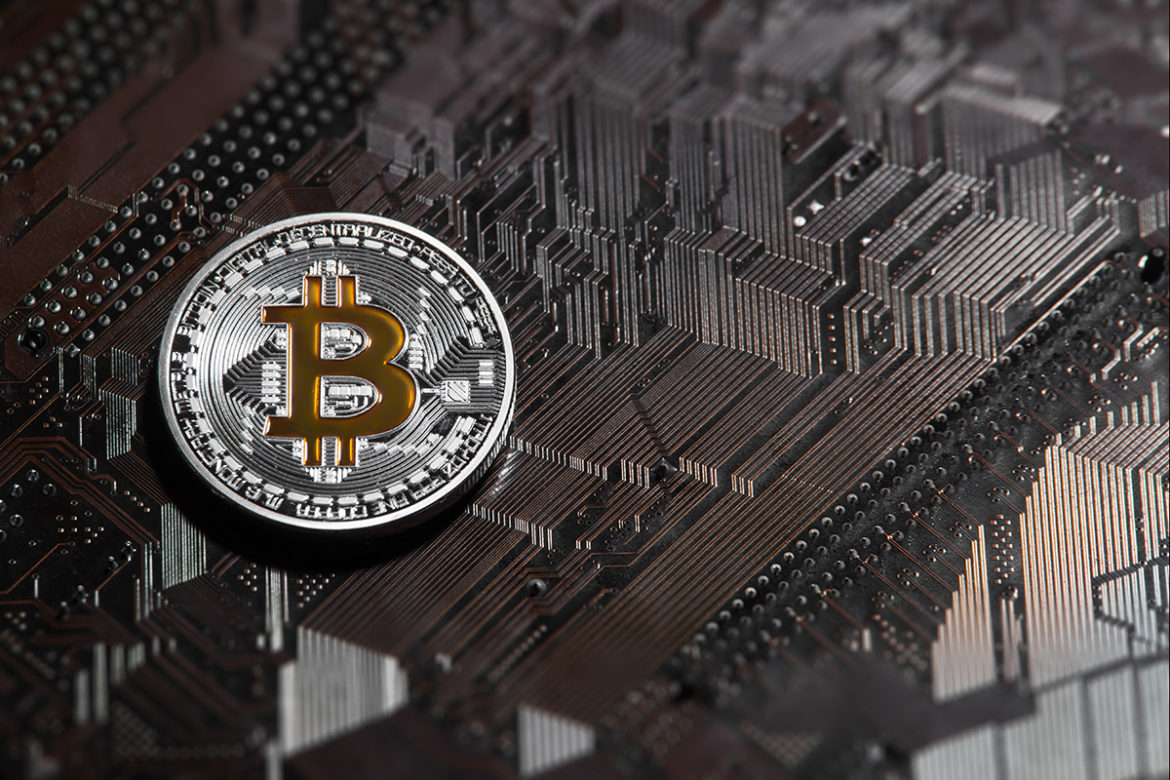Ukraine also promised a reward for the information, but the exact amount will depend on how much is used for the military resistance.
Ukraine has received tons of crypto wallets addresses related to russian politicians after mounting an effort to survey such wallets, Artem Afian, the private lawyer entrusted with the responsibility said.
“Our idea was that the war criminals will try to avoid sanction through crypto and we want to get them there,” said Afian.
The de-facto head of crypto matters in the Ukraine, Mykhailo Fedorov, asked for this information on Saturday. Fedorov, the deputy prime minister and minister of digital transformation, tweeted a clarion call for information on crypto wallets held by russian and belarusian politicians.
‘Blacklist’ efforts in full steam
Speaking to CoinDesk from an undisclosed location, Afian’s fighting the crypto part of the war for Ukraine, while worrying about his safety and the safety of his parents. “It’s not aggression. It’s a war with real bombs. It’s crazy. My parents are alive but I don’t know if they are safe,” he said.
At the moment, Afian’s team has only identified a few prominent names but he hopes that after double checking all the wallets they will get plenty more. Afian’s team is coordinating with the ministry of digital transformation, a familiar wing of the government for Afian as he was part of the working group that developed the law on virtual assets in Ukraine.
An integral part of preparing the “blacklist” is to “help all crypto exchanges in the world tag these politicians, their families, partners, children.” He intends to convince the exchanges to “stop working with the politicians, to squeeze them out of the crypto world.”
Ukraine has also asked several crypto exchanges to block russian user accounts, to make sure that the sanctions placed on Russia are effectively implemented.
Afian added that he has been getting “threats from them,” but is “happy to read them” because it makes him believe he is “doing the right thing.”
There are loopholes to this strategy as russian and belarusian politicians could use cold wallets. However, Afian just wants exchanges to make it “toxic” for the politicians and to let them know that “sooner or later we will get them.”
“For me it is personal. My four-year-old son woke up because of bombs. I can never forgive this. They voted for war. I cannot make them suffer directly but I do what I can to punish them,” he said.
“Bounty” will depend on the remaining war funds
The deputy prime minister had also promised a bounty for information on the wallets. Afian says the exact amount will depend on many external factors. “It depends since a majority of our funds could go towards the military resistance but it could be 5 or 10 bitcoins or more,” he added.
According to Afian, this is a watershed moment for decentralised finance (DeFi), or the process of conducting financial transactions on a blockchain without middlemen.
“If the crypto world can show that without centralisation it can stand against crime, then people will trust crypto. If crypto world fails Ukraine, there may not be any future for crypto.”
